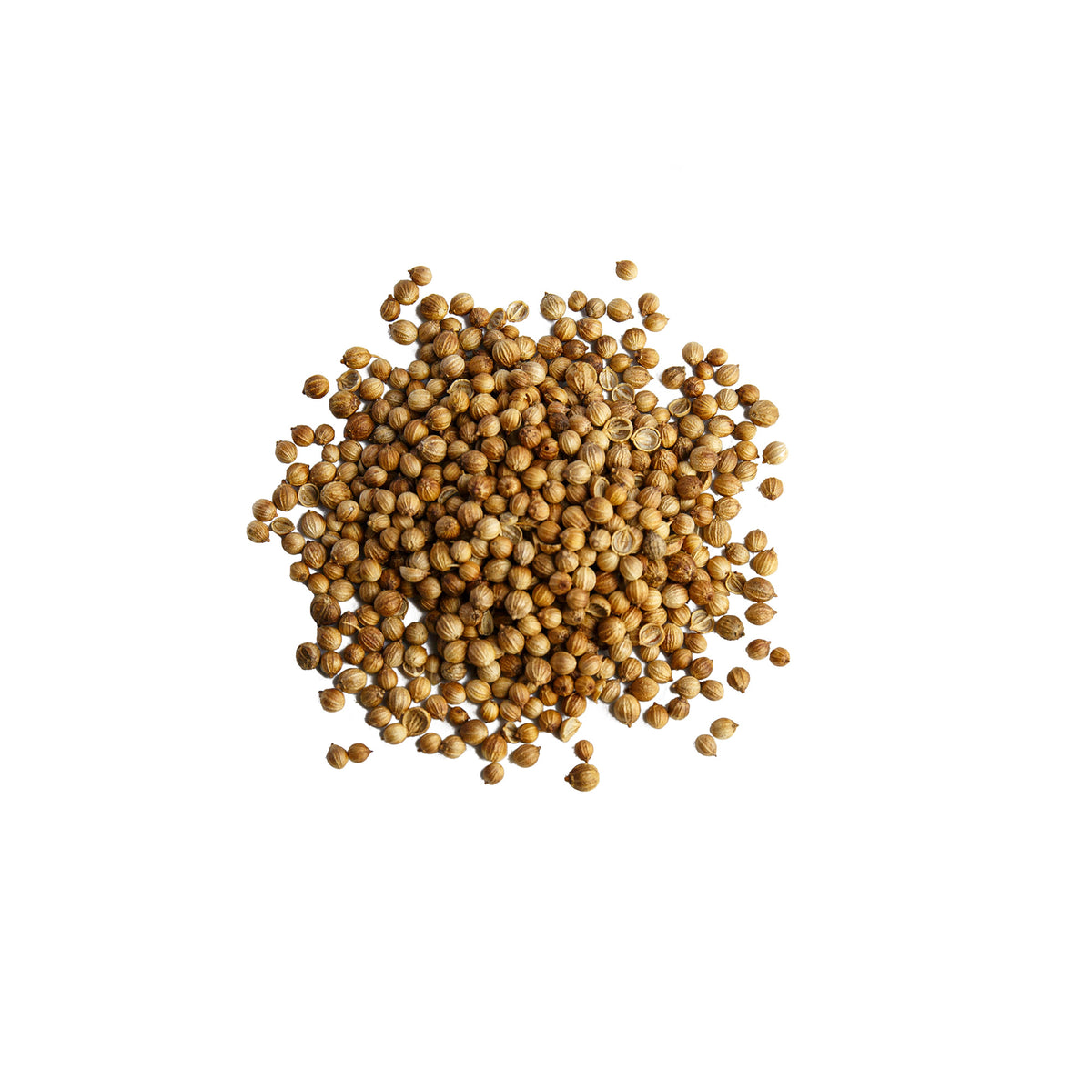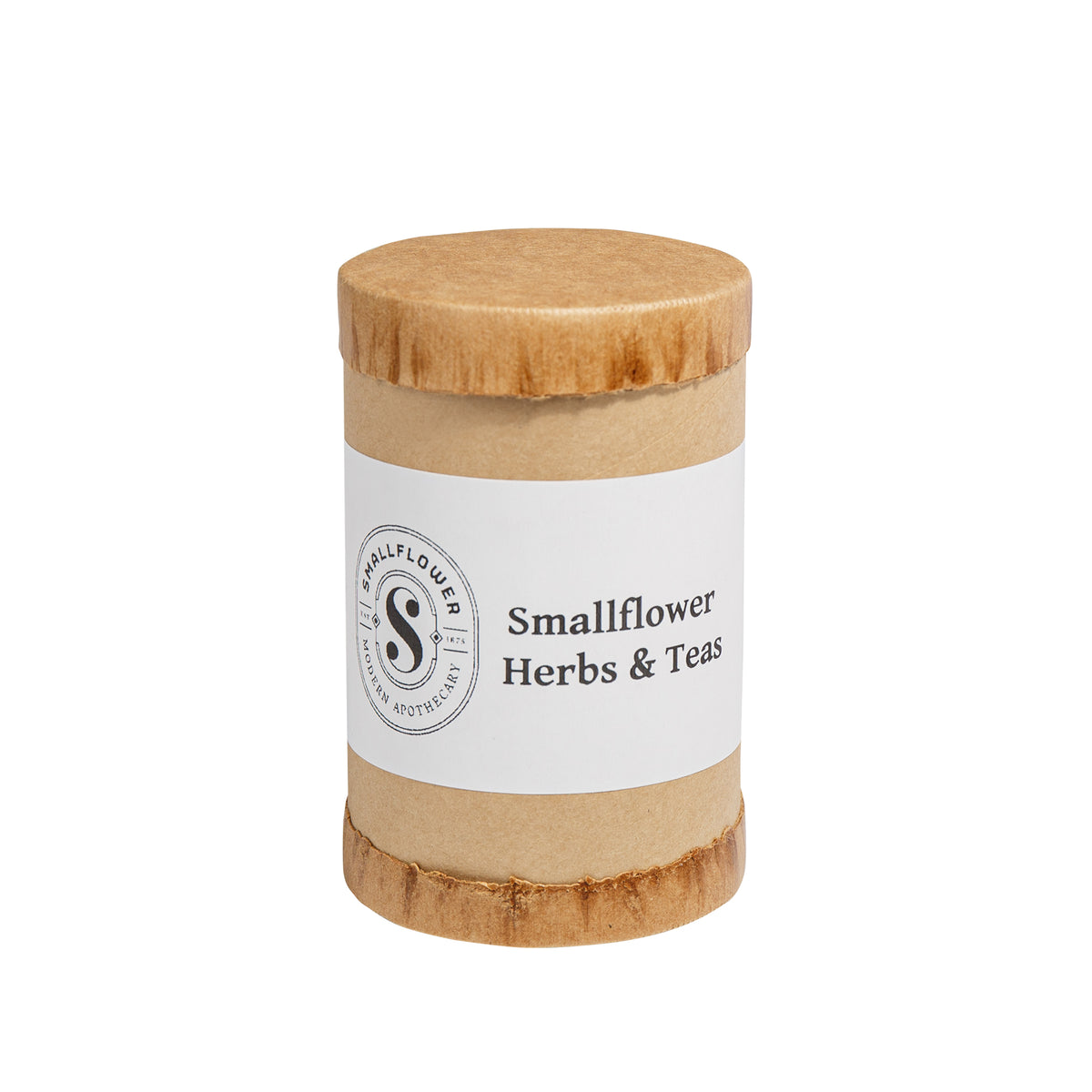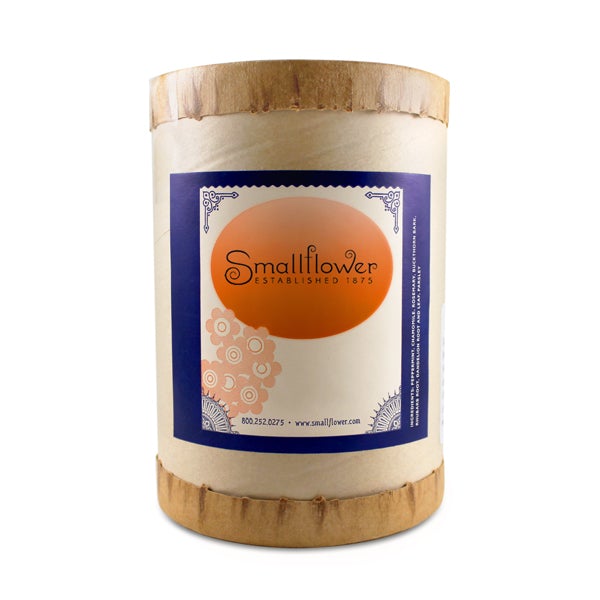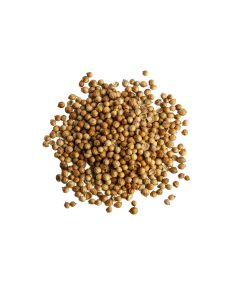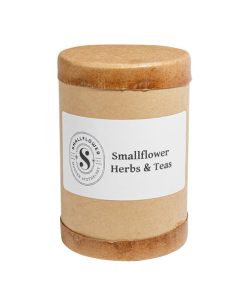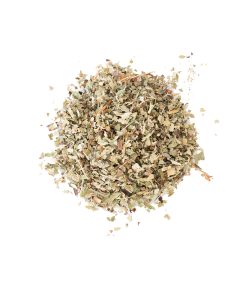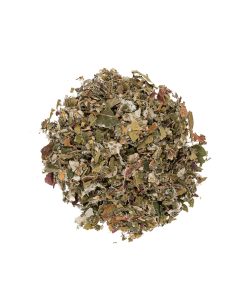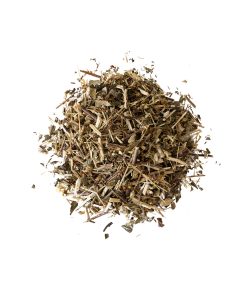Smallflower Coriander Seed (2 oz) #10084026 Smallflower
$ 3,25 $ 1,95
Coriander (Coriandrum sativum) is annual in the Apiaceae, or parsley family, native to Asia, Africa, Europe and the Mediterranean region. It has many edible parts, including its lacy green, fragrant leaves, known as Cilantro, and the ripe fruit or seeds we call Coriander. Once dried, the golden brown seeds have a distinctive zesty citrus flavor with a hint of mint or sage on the palate. Coriander has been in use since the earliest days of civilization. It has shown up in ancient Indian texts and there is evidence of it being used in China for thousands of years as a digestive medicine. Hippocrates, the great ancient Grecian physician, was a known advocate for the medicinal value of Coriander and recommended it widely, increasing its popularity. Coriander followed the Romans as they expanded their empire and it has proliferated ever since.
Coriander is a prevalent flavor in cuisines across the globe from India and South East Asia to Scandinavia and Latin America. It is one of the essentials in many popular spice mixtures like garam masala, indian curries and berbere. In Ayurvedic practice, Coriander is considered a cooling herb and soothing to digestion. Rich in volatile oils and antioxidants, Coriander may help support many aspects of good health including digestion and gut bacteria, healthy blood sugar levels and strong heart and brain health. Coriander seeds can be ground or added to cotton tea bags for culinary use or decocted and steeped for lively spice tea.
Common names: Chinese or Mexican Parsley, Dhania, Cilantro
| Size | 2 oz |
|---|
Fast Shipping and Professional Packing
Our long-standing partnership with UPS FedEx DHL and other carriers around the world lets us offer a range of shipping services. Our warehouse employees will pack all goods to our exacting specifications. Your goods are thoroughly checked and securely secured prior to shipment. We deliver to hundreds of thousands of customers each day in different countries. This shows our commitment to become the biggest online retailer on earth. The warehouses and centers of distribution are located in Europe, as well as the USA.
Orders with more than 1 item are assigned processing times according to each item.
We will thoroughly inspect all items ordered before shipping. The majority of orders will be delivered within 48 hours. It is expected that delivery will take between three and seven days.
Returns
Due to multiple parties which include the factory as well as the warehouse, we are unable to effectively manage inventory. The stock levels may fluctuate at any given time. Be aware that it is possible that your order will run out of stock even after you have made the order.
Our policy lasts for thirty days. We cannot exchange or refund your order if it has been 30 days from the date of purchase.
The item you purchase must be in its original packaging and be unused. The item must be in the original packaging.
Related products
Rose Water & Hydrosols
Alteya Organics White Rose Water Spray (3.4 fl oz) #10070518 Alteya Organics
Maria Treben
Maria Treben Health Through God’s Pharmacy (Bulgarian Edition) 95pages Book #10066972 Maria Treben
Serum & Oil
Alteya Organics Bulgarian Lavender Hair Oil Treatment (3.4 fl oz) #30033 Alteya Organics
Rose Water & Hydrosols
Alteya Organics Bulgarian Lavender Water (8.4 fl oz) #30363 Alteya Organics
Rose Water & Hydrosols
Alteya Organics Bulgarian Lavender Water (2.5 fl oz) #31038 Alteya Organics
Rose Water & Hydrosols
Alteya Organics Bulgarian Rose Water (2 fl oz) #31037 Alteya Organics
Uncategorized
Hair & Scalp Treatments
Alteya Organics Rose Otto Hair Treatment (100 ml) #10075914 Alteya Organics
Toners & Mists
Alteya Organics Rose Water & Collagen Peptides Hydro Mist (4 fl oz) #10087874 Alteya Organics
Rose Water & Hydrosols
Alteya Organics Organic Bulgarian White Rose Water (17 fl oz) #10077123 Alteya Organics
Serums & Treatments
Alteya Organics Microbiotic Hyaluronic Acid Serum (30 ml) #10087701 Alteya Organics
Rose Water & Hydrosols
Alteya Organics Pure Bulgarian Rose Water (6.8 fl oz) #10078261 Alteya Organics
Face Lotion
Alteya Organics Bio Damascena Rose Otto Day Moisturizer (50 ml) #10076807 Alteya Organics
Rose Water & Hydrosols
Alteya Organics Organic Rose Water Spray (3.4 fl oz) #10077125 Alteya Organics
Rose Water & Hydrosols
Alteya Organics Organic Bulgarian Rose Water (17 fl oz) #10077124 Alteya Organics
